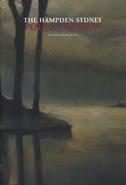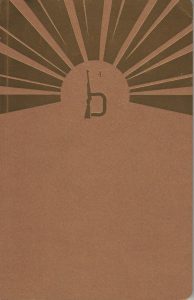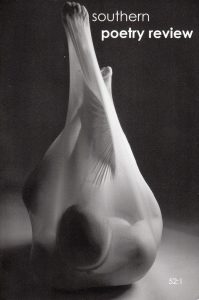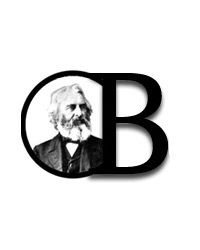The Usefulness of Poetry
 To start our new year with a strong literary framework, I offer an excerpt of Nathan Perry’s comments from his Editor’s Note to the Winter 2010 issue of The Hampden-Sydney Poetry Review:
To start our new year with a strong literary framework, I offer an excerpt of Nathan Perry’s comments from his Editor’s Note to the Winter 2010 issue of The Hampden-Sydney Poetry Review:
“We so easily doubt the things we love. While it is often those who don’t read poetry who distrust its motives or dismiss any notion of its utility, many writers and serious readers of poems . . . also wonder what good poems can really amount to, if they really can be enough. Poets are accused of not being political enough. Poets are accused of being too political and not timeless enough. Poets are accused of hiding in their stanzas and not being civic enough. Poems are accused of being too plain and poems are accused of being too cloudy and unclear, of deliberately hiding their meanings. I’d argue that all such fussing at least belies that we acknowledge some underlying importance, and thus usefulness, in poetry. Others agree: Hayden Carruth chides, ‘Why speak of the use of poetry? Poetry is what uses us,’ and Frost famously has it that any ‘little form’ (and we can read here, poetry) should be ‘considered for how much more it is than nothing.’
“But still, why should we care about a poem about an owl, or the drift of pollen, or chickens in the street, or ageing drywall, or tinnitus? Well, for the same reasons we care about a poem about the recent oil spill, or a poem about perfidy in Washington DC, or a poem about war and the television’s witness. William Carlos Williams asserted, in his oft-repeated maxim, that we come to poems not for the usual news, but for something less tangible, with mortal stakes. I think what he did not say is that we come to poems for the world itself, not just the human headlines, and that ignoring the world around us always has mortal stakes.”
The full text of Perry’s editorial is only available in print.




